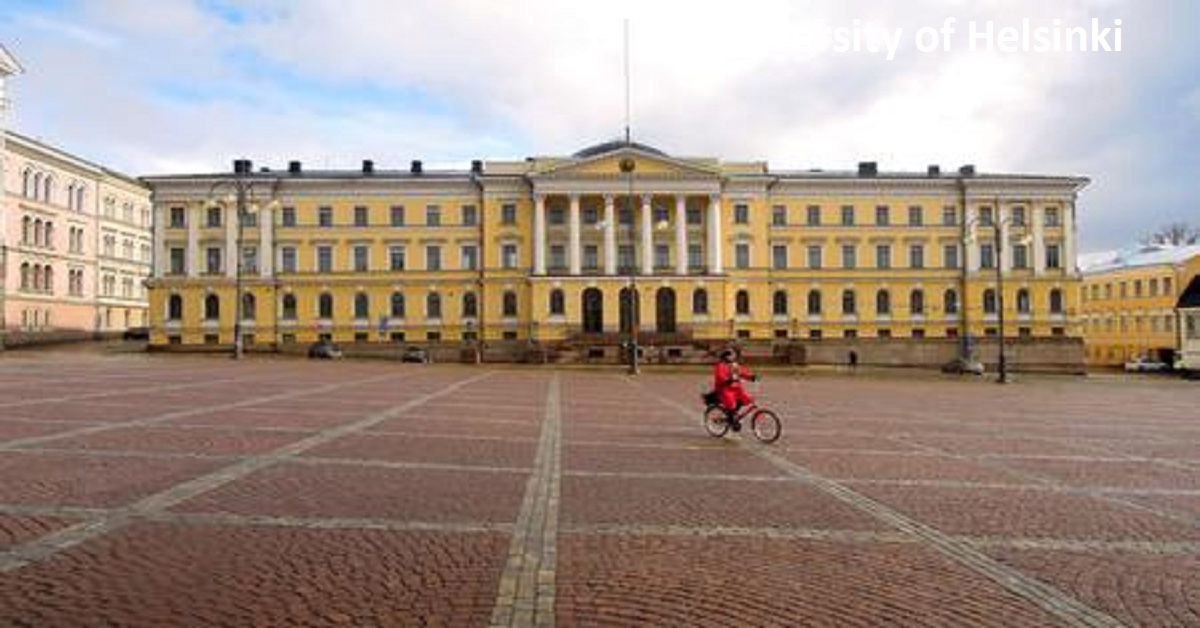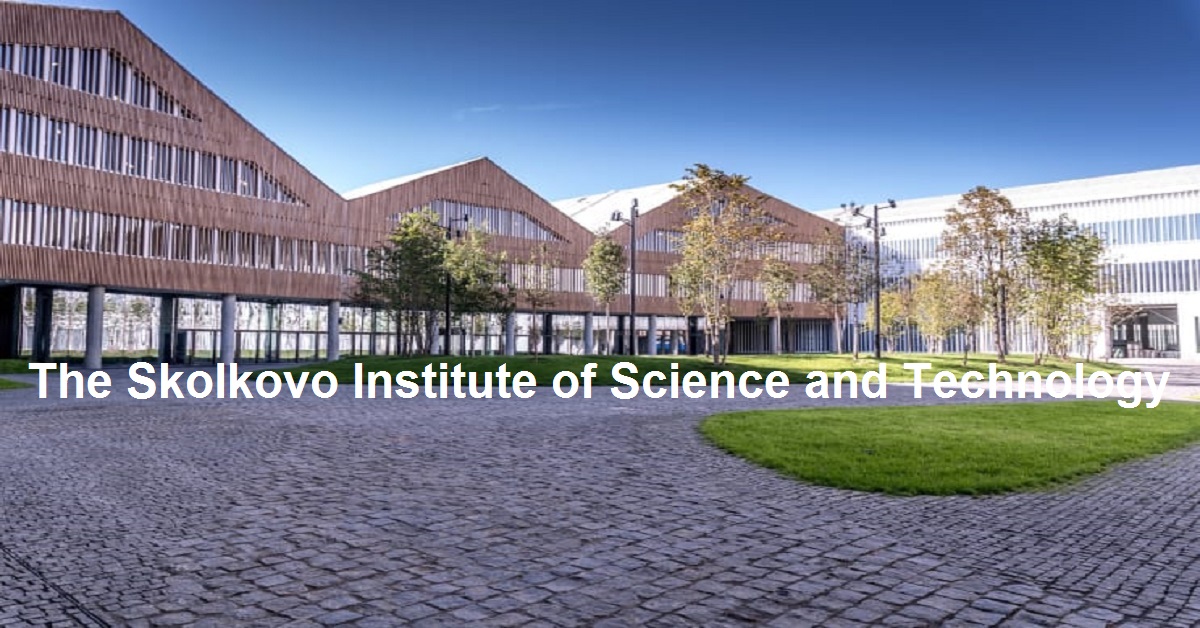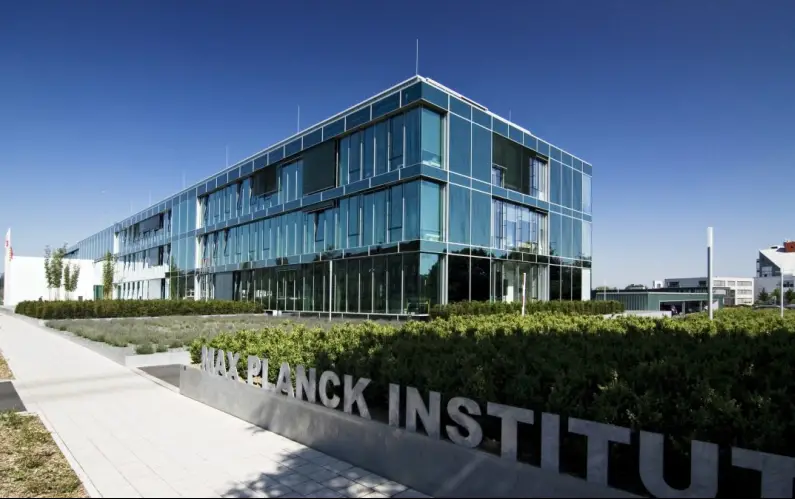The TU/e Department of the Built Environment is one of the key drivers behind the newly created Urban Development Initiative (UDI) in the Brainport region Eindhoven. In UDI we have three Research Programs, of which the Building Industry 4.0 Research Program focuses on the development and enhancement of modeling, design, additive manufacturing, robotics, fabrication techniques and co-creation methodologies realize future-proof and sustainable innovation in the building industry. This includes industrialization of largescale renovation and construction technologies. The UDI Building Industry 4.0 Program connects regional players working in a set of model/living lab locations. It closely relates to the Deparment’s research focus on the development of sustainable materials and structures.
For the UDI Building Industry 4.0 Research Program we are looking for an outstanding postdoctoral researcher with expertise in design for manufacture, smart manufacturing, advanced digital fabrication, investigative computationally-driven design approaches, and an affinity for sustainability and material systems.
Within the Building Industry 4.0 Program, you are expected to:
- Conduct research activities on one or more of these domains: smart manufacturing, digital fabrication, computational design, robotic fabrication and design innovation;
- Publish and (co-)author papers for leading scientific journals and conferences;
- Assist the Building Industry 4.0 research group with writing funding applications;
- Assist the Building Industry 4.0 research group in supervising graduate students;
- Be a collaborative and independent researcher who is forward thinking in your creative and research agenda;
- Enthusiastically engage in co-creation activities as part of the living-lab activities of the group.
The UDI Building Industry 4.0 Program works in close collaboration with municipalities and companies in the Brainport Region on urban development and building challenges at various scales from buildings to neighbourhoods, cities, and the region.
It builds on the experiences of these community-based innovation ecosystems to:
- Drive socio-technical innovation for the future of urban living, including new flexible and adaptive housing/living concepts, circular, parametric, computational design, and building innovations.
- Scale up learning experiences and drive sustainable transformation.
Founders of the UDI are City of Eindhoven, City of Helmond, TU/e, Brainport Development and the Fraunhofer Research Institute. UDI aims to address urban challenges by focusing the innovation agenda on the existing and potential urban problems to develop a systemic urban planning approach that integrates different sectoral approaches.
Job requirements
- Excellent quantitative and spatial statistical analysis skills and a PhD degree in architecture, civil engineering, design informatics, building sciences, urban/housing economics, or related disciplines;
- Prior research experience in one or more of these fields: innovation related to computational design, robotics, digital fabrication, smart manufacturing, structural engineering, construction processes sustainability and emerging housing typologies and correlated scenario development, predictive and transformative design;
- Strong design and process workflow visualization skills;
- Affinity for spatial planning, collaborative practice, design and material research;
- Excellent scientific skills, as demonstrated by peer-reviewed publications;
- Demonstrated interest in collaborating with non-academic (industry, municipal, community) partners in real-life field-lab settings;
- Ability to develop and test situated models for neighborhood development, including both quantitatve and qualitative indicators of housing aspirations;
- Excellent communication skills and competence in written and spoken English;
- Value open science such as open data and reproduceable research;
- Team player who enjoys working in multidisciplinary teams.
Conditions of employment
- A meaningful job in a dynamic and ambitious university with the possibility to present your work at international conferences.
- A full-time employment for 2 years.
- You will have free access to high-quality training programs on general skills, didactics and topics related to research and valorization.
- A gross monthly salary and benefits in accordance with the Collective Labor Agreement for Dutch Universities.
- A broad package of fringe benefits (including an excellent technical infrastructure, moving expenses, and savings schemes).
- Family-friendly initiatives are in place, such as an international spouse program, and excellent on-campus children day care and sports facilities.
Information and application
More information
More information can be obtained from www.tue.nl/en/our-university/departments/built-environment/ and https://brainporteindhoven.com/nl/ontdek/udi
Do you recognize yourself in this profile and would you like to know more about the content of this position? Please contact dr. Cristina Nan, i.c.nan[at]tue.nl or dr. Oana Druta, o.druta[at]tue.nl
For information about terms of employment, click here or contact Marcel Vogels, m.vogels1[at]tue.nl (or +31 40 247 3144).
Please visit www.tue.nl/jobs to find out more about working at TU/e!
Application
We invite you to submit a complete application by using the 'apply now'-button on this page.
The application should include a:
- Cover letter (2 page max) in which you describe your motivation and qualifications for the position.
- Curriculum vitae, including a project portfolio, a list of your publications of international conference and journal contributions (if any), and the contact information of three references.
- A research statement, including personal ambitions and relations with the work-program proposed.
We look forward to your application and will screen it as soon as we have received it.
Screening will continue until the position has been filled.
We do not respond to applications that are sent to us in a different way.
Please keep in mind you can upload only 5 documents up to 2 MB each. If necessary please combine files.


